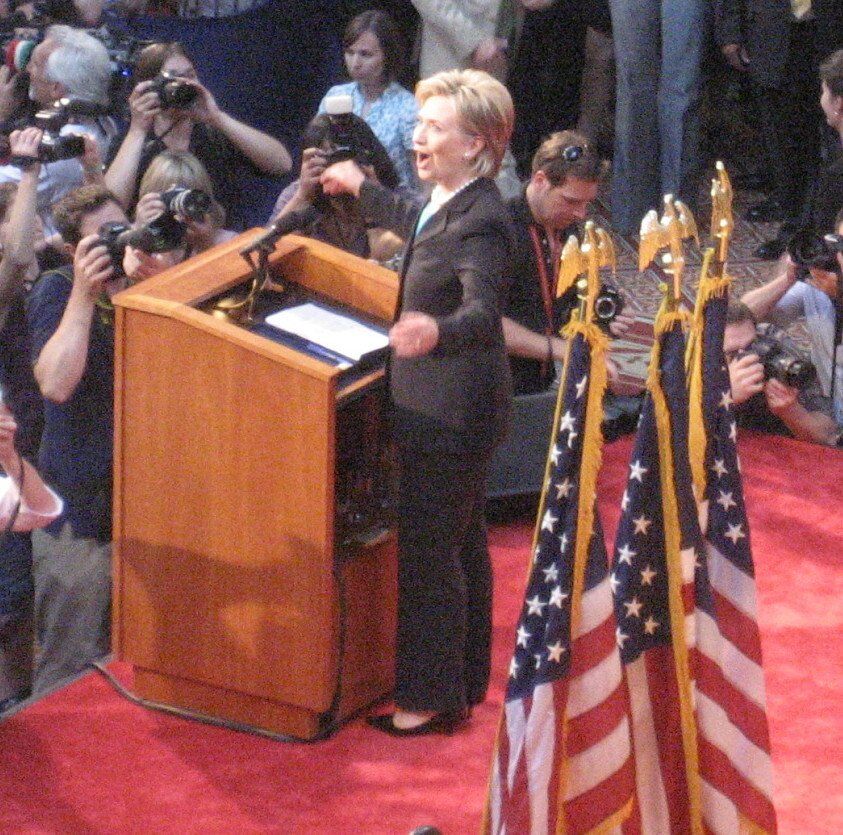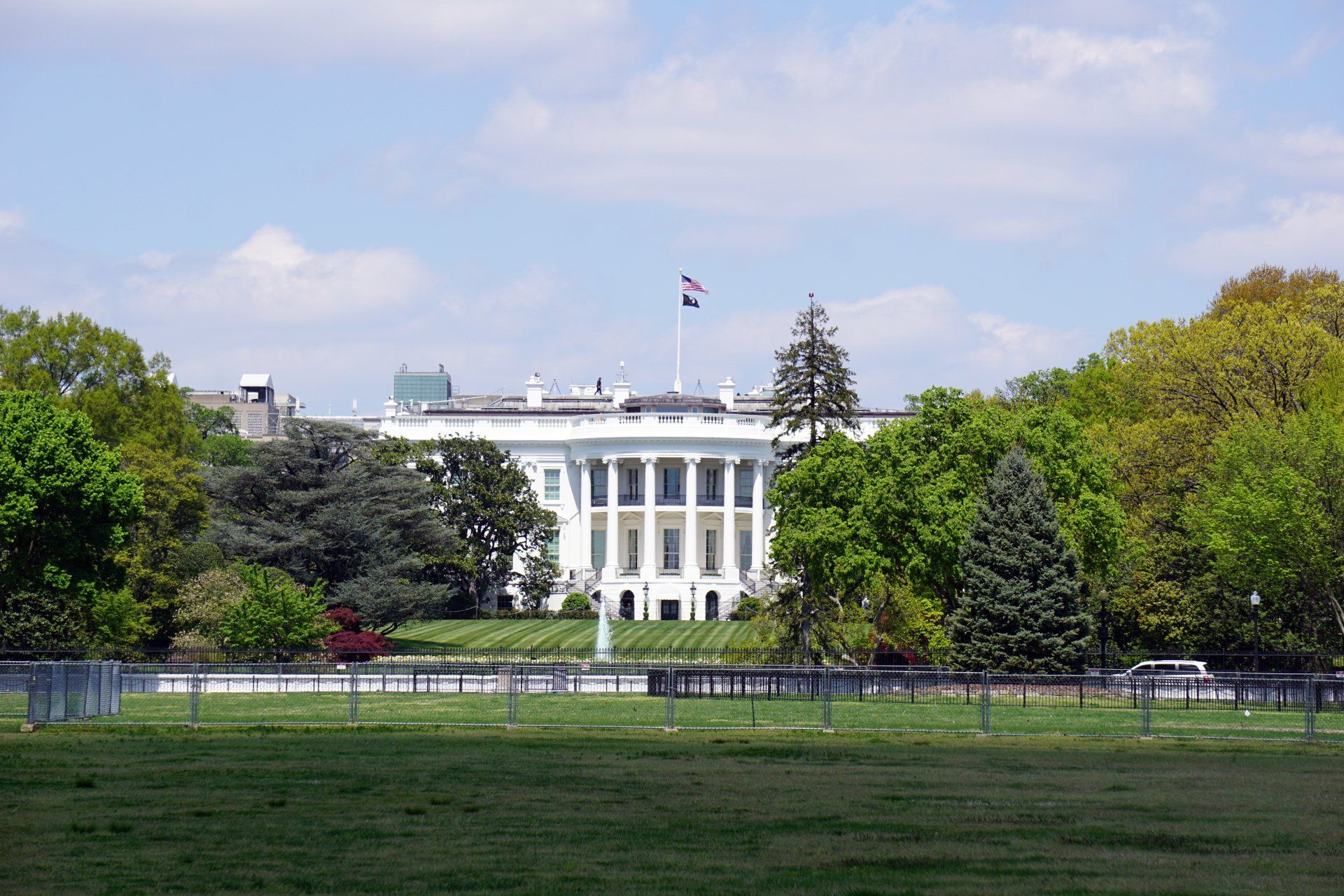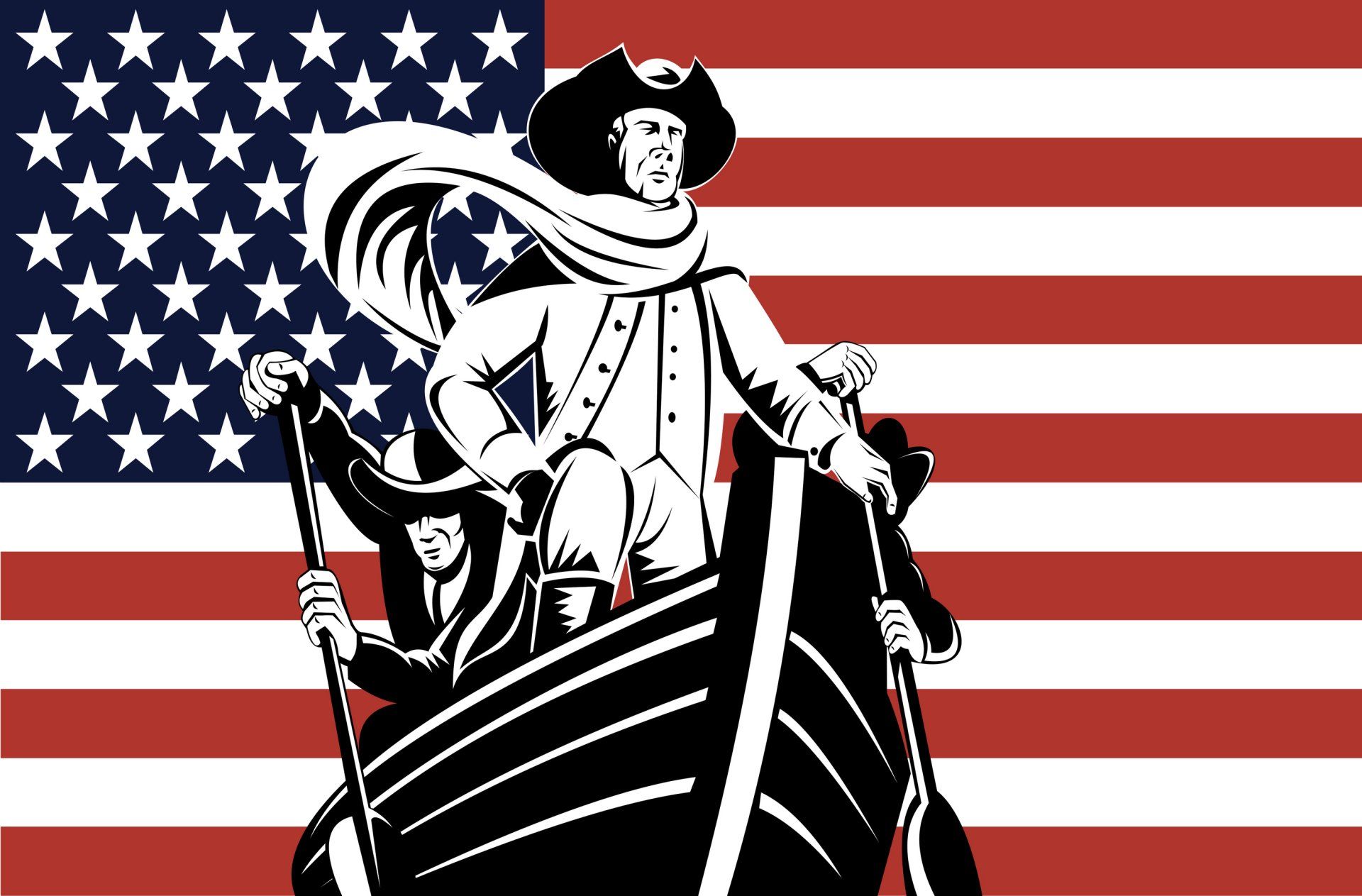In Concessions, Character Counts, for Country Continuity
This is a subtitle for your new post

November 28, 2020
Losing a hard fought campaign is difficult, painful really. What the loser says and does afterward tells us a great deal about that person's character.
There is actually nothing in the Constitution that calls for a concession speech on the part of a losing candidate. Watching the clips of all the wonderful presidential candidates who lost the election makes me proud, and also sad. Each concession speech is a window into the soul and the patriotism of the person conceding.
In 1860, Stephen Douglas congratulated Abraham Lincoln on his victory. Of course, the "victory" was going to presage the single most divisive event in our history. With the election of Lincoln, the southern states knew that he would abolish slavery. They seceded from the Union and formed the Confederacy. What followed was the Civil War, the most bitter and bloody war ever fought within our boundaries. For those citizens who think that we are divided beyond repair, remember the Civil War.
While there is no legal or constitutional requirement that the loser of a U.S. presidential election must concede, it began as a simple courtesy. After the election of 1896, William Jennings Bryan sent a telegram to his opponent, William McKinley, two days after the election. It read:
"Senator Jones has just informed me that the returns indicate your election, and I hasten to extend my congratulations. We have submitted the issue to the American people and their will is law."
Those two sentences are considered to be the first public concession in U.S. presidential politics. The tradition has continued in some form or another, in every election since. Until now.
Al Smith gave the first radio concession in 1928, after losing to Herbert Hoover. In 1940, moviegoers watched Wendell Willkie concede to Franklin D. Roosevelt in a newsreel. After losing in 1952, Adlai Stevenson gave his concession to Dwight Eisenhower.
Over the past 120 years, there have been 32 concession speeches. There's actually a roadmap, a template if you will, that candidates follow for the speech they hoped they'd never have to give.
The statement of defeat- although they never use the word "defeat." The candidate acknowledges the opponent's victory and congratulates the opponent.
The call to unite-in a show of bipartisanship, the candidate expresses support for the former opponent and calls for unity on all sides. In 1960, Richard Nixon sent this message to John F. Kennedy, the first Catholic president.
"I have great faith that our people, Republicans, Democrats alike, will unite behind our next president."
The celebration of democracy-The candidate reflects on the power if our democratic system. In 2016, Hillary Clinton said, "our constitutional democracy enshrines the peaceful transfer of power. We don't just respect that. We cherish it," when she conceded to Donald Trump, having received three million more votes, but not the prescribed amount in the Electoral College.
The vow to continue the fight-The loser speaks about the important of the issues raised in the campaign and the policies the party stands for.
The concession I know best is that of Hubert Humphrey. In 1968, I volunteered for Hubert in Washington, D.C., when he was running against Richard Nixon. My husband was drafted out of Rutgers Law School and sent to the Pentagon. I finished my teaching job in Summit, and moved to Alexandria, Virginia.1968 was the most volatile year I remember.Volunteering for Humphrey, I worked for a man named Ofield Dukes, Hubert's press man, and the only black member of his staff. There was serious division over the Vietnam War- a huge generational divide, and much more. It was a dangerous time to be alone in the city, and there was violence at the Chicago convention, which I did not attend. On election night I an my friends, Trish and George Vradenberg, stayed up all night watching the returns. In defeat, Humphrey sent Nixon a telegram:
"Please know that you have my support in leading this nation. This has been a difficult year for the American people. I am confident that constructive leaders from both parties will join together now, and we shall be able to go on to the business of building the America we all seek in the spirit of peace and harmony. The democratic process has worked its will. Now we need to get on with the business of uniting the country."
Of course, the rest is history. As we suspected, Nixon was a crook, and would stop at nothing to advance his cause. All the people around him went to jail, including his Attorney General and closest advisors. When the tapes that Nixon made were released, we all learned a great deal about his biases and crass, competitive opinion of his competitors.
In that vein, language matters. Robert Dole, in his concession speech, indicated that the winner was his "opponent," not his "enemy," a very important distinction.
The most important concept is that once the decision is made, we unite behind the man who has been elected.
"Partisan feeling must yield to patriotism."
One of the most gracious and moving concession speeches was given by Al Gore, who lost after 35 days of chaos, a recount, and one vote of the Supreme Court. it was generally accepted that he had received more votes than George W. Bush. Gore said, "This is America. We close ranks when the decision is made"
Another incredibly gracious concession speech was that of Senator John McCain. He acknowledged the historic nature of America electing its first African-American president. He paid tribute to the campaign of the Barack Obama, and to the people who raised him. McCain said that he loves America first, and that will always be
Even though there are common threads throughout all of these concession speeches, it took me way longer than I anticipated to write this blog. I listened to all the videos, and was so moved by the candidate's love of country, commitment to unity and the dignity with which each person spoke. I found myself feeling very emotional and wiping away tears when I considered the depth of feeling of each person.
Writing their phrases does no justice to the actual speeches. I strongly suggest that you google "concession speeches," and listen to the real thing. You are in for a treat. In this difficult and dystopian period, you will be inspired by the patriots who have served our country -whether they won or lost an election-over the last many years. Hopefully, we will be returning to those feelings in the new administration, which is filled with lifelong civil servants.
Similarly, in 1992, when George H.W. Bush lost after only one term, he said, "America must always come first We will get behind this new president.
To read more of my blog posts, please visit and/or register at larkeylowdown.com!


